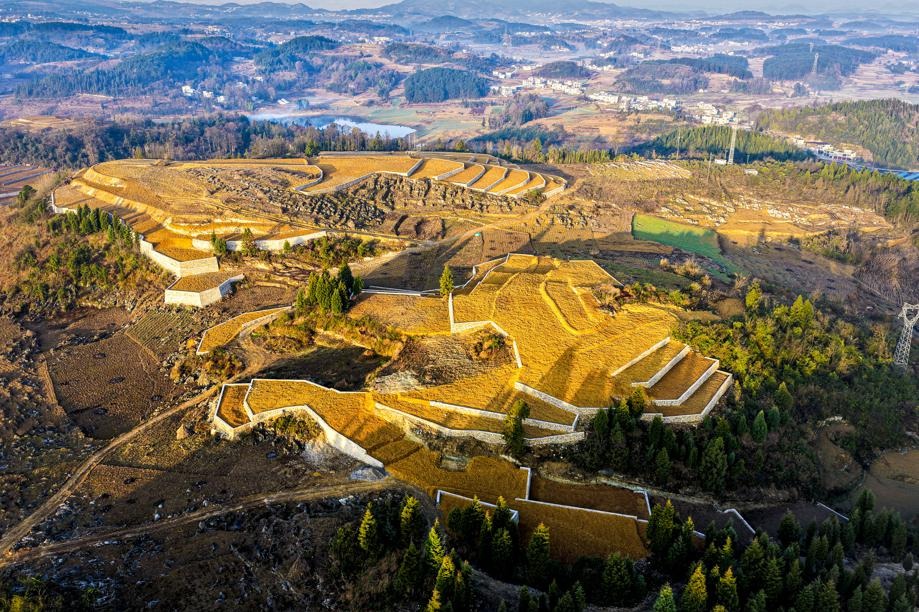Growing great grapes with less labor


High-tech methods and breeding experiments are producing sweeter varieties
Wang Suqing has personal experience of what a tough, labor-intensive business grape growing was 30 years ago. Her parents relied on all family members, even the youngsters, to pick the grapes at their vineyard in Jiyuan, Henan province.
The 38-year-old recalled how she and her brother helped their parents carry an old pesticide spray can into the vineyard in summer. At night, her father slept between the rows of vines to guard the grapes from foraging animals.
When the grapes were ripe, the whole family picked and packed them to sell at weekend markets. There was also the risk they would start rotting or be eaten by bugs before they were sold, said Wang, who helped out at the market.
"We didn't differentiate between varieties, and 1 kilogram only sold for 2 yuan," Wang said.
Today, Wang is deputy general manager of the Malu Grape Research Institute and the Malu Grape Theme Park in Shanghai, which is ushering in a new era in viticulture.




































